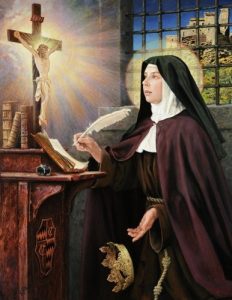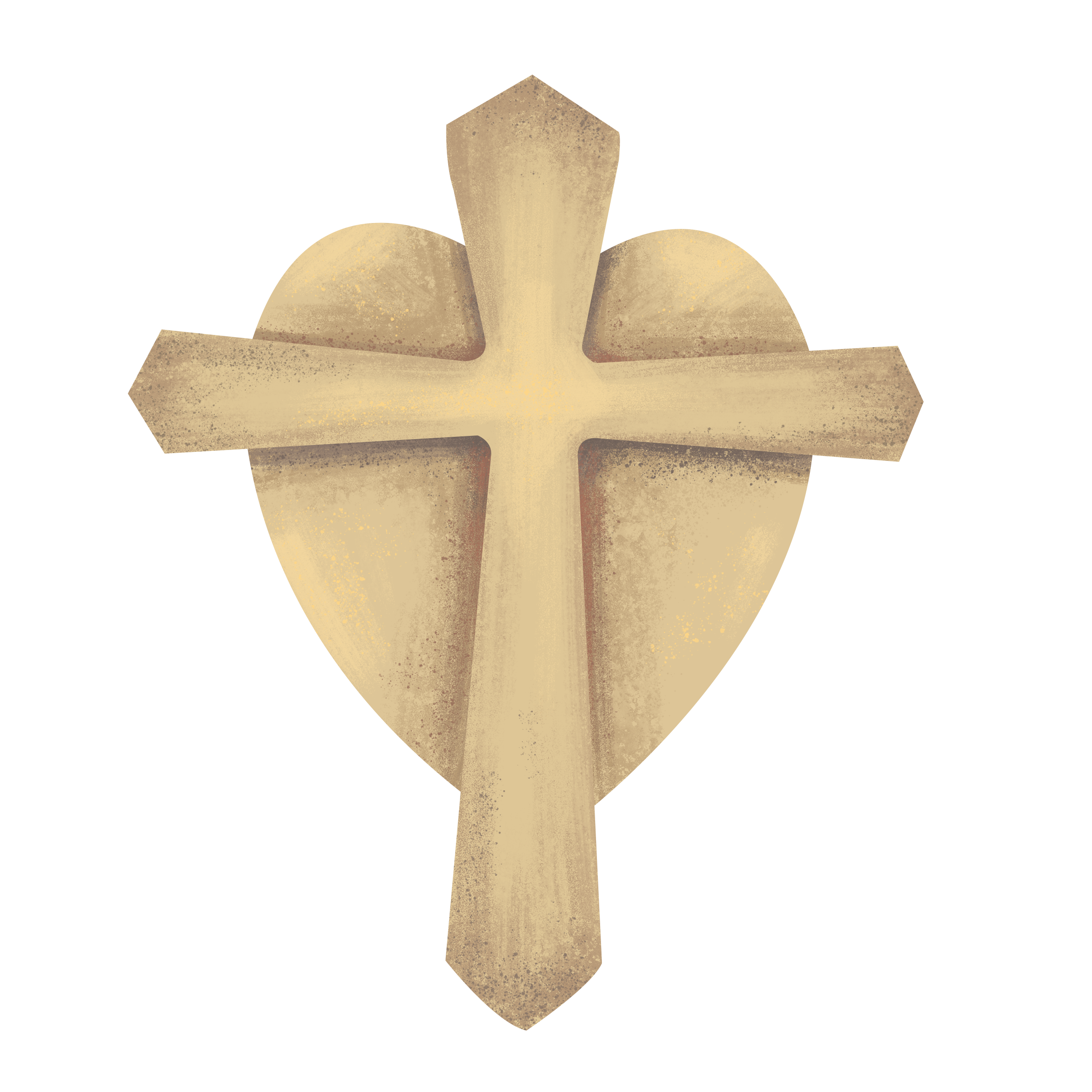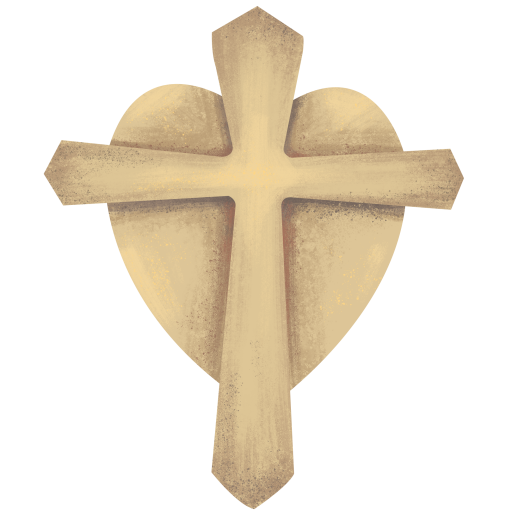
30 May Saint Battista Camilla da Varano
Saint Battista Camilla da Varano
Feast Day: May 30th
Born: April 9th, 1458, Camerino, Italy
Died: May 31st, 1524, Camerino, Italy
Known for: her great love for the Passion and spiritual writings such as Mental Sorrows and My Spiritual Life
Fun Fact: She wrote her autobiography (aptly titled My Spiritual Life) in two weeks.

The illegitimate child of Prince Julius Caesar da Varano and a certain Donna Cecchina, Camilla da Varano was born April 9th, 1458 into a noble family. Around the age of nine she heard a Franciscan Friar preach about the Passion. After that she vowed to shed at least one tear every Thursday in honor of Our Lord’s suffering. An ordinary girl, she “persevered in this vow with much weariness” for a long time, always trying to find ways to make herself weep, including the reading of devotional material which she “so hated” and thought “looked like the work of someone who did not know how to think.” But even in the midst of her otherwise frivolous lifestyle, her devotion to the Passion guided her through.
Through recurring mystical experiences she felt called to the religious life even though she said “Friars and nuns were so hateful to me that I could not look at any of them. In my malignity and desire to go into the mud and slime of the world, I put up a strong resistance and alleged many reasons why I could never agree to [becoming a nun], and especially because I did not feel that my heart was free of those passions which must not be present in one who truly wants to serve God.” The “imprisoned heart” is a recurring image in her brutally honest and strikingly modern autobiography, from which the quotations in this article are sourced.
From ages 18 to 21, she struggled between her will and God’s, a common problem at that age. Sometime during this period, a friar admonished her not to succumb to “carnal and sensual pleasure,” or sins of the flesh. As Camilla had not revealed her intense difficulty in this area to him, she regarded it as a message from Jesus. Still, she resisted, until one day in prayer the Lord said, “Do what you want. Go into the world, for you will never do well there.”
Rather than being bewildered at the prospect of straying from Him, these words relieved her. But on another occasion of prayer (she never ceased praying throughout this time), the struggle broke out again with such force that she finally relented. The desire to enter the Poor Clares at Urbino possessed her heart and despite opposition from her parents, she joined the monastery on November 14th, 1481, taking the name Battista.
Her sufferings of body and soul did not leave her upon entrance into the community. Though she had enjoyed various extraordinary mystical experiences throughout her life, she experienced a period of profound spiritual darkness from 1488 to 1493. Physical ailments plagued her throughout her life. Then her father and three brothers, after having been excommunicated by Pope Alexander VI, were strangled to death at the latter’s orders, forcing her to seek asylum elsewhere for a time.
Nevertheless, her prayers changed the course of history in many hidden ways, she helped found two new monasteries, and wrote significant spiritual treatises. She died the victim of a plague epidemic in Camerino on May 31st, 1524 at the age of 63.
Quotes
“O God, You are very gracious; by a thousand ways You assist the soul that strives in truth to do what is good.”
“Oh wretched soul of mine, why do you not take a little comfort in remembering all this goodness, this love of your beloved Christ?”
“O my God, o my God! What did You wish to make of this false and wayward soul? What need did You have, sweet Jesus, of my deeds that you sought me and yearned for me so insistently? What fruit, what exchange have I rendered to You, my Lord?”
Sources
“Blessed Baptista Varano (1458-1524).” Temi Spirituali, Sr. Chiara Augusta Lainati, S. Maria degli Angeli, Assisi,1970.
Author unknown. “St. Battista Camilla da Varano (1458-1524).” Profile in L’Osservatore Romano, at the time of her Canonization.
Da Varano, Battista. My Spiritual Life. Trans. Joseph Berrigan. Toronto: Peregrina, publication date unknown.

